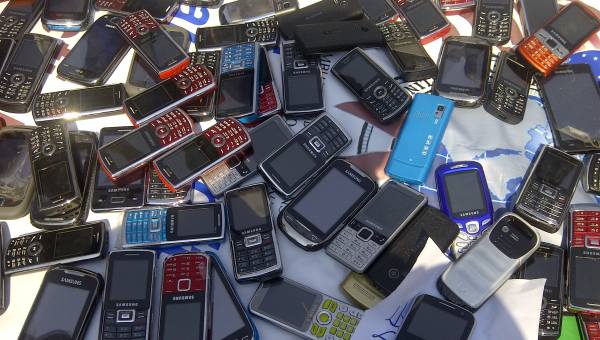
It might look authentic, and even perform as if it were, but your communication device could well be counterfeit. And if it is counterfeit or fake, its days are numbered because the Uganda Communications Commission has undertaken measures to block counterfeit phones.
A counterfeit communications device is a mobile phone, tablet, router or other communication gadgets with an illegitimate IMEI (International Mobile Equipment Identity) number. The IMEI could be cloned, blank or invalid.
Using counterfeit devices poses serious health and safety risks, service outages and diminished revenue for manufacturers and governments. Such devices are at risk of exploding, especially as they charge, with potentially devastating consequences. Besides, devices with illegitimate or cloned IMEI make it more difficult for regulators and law enforcement agencies to track down persons that are intent on using mobile devices to facilitate crime.
A report compiled by the Organisation for Economic Co-operation and Development (OECD) in 2017 indicated that nearly one in five mobile phones shipped internationally is fake. OECD is a 36-member inter-governmental economic organization established in 1961 to stimulate world trade and development.
Describing counterfeits as “goods that infringe trademarks,” the OECD report says counterfeit phones “can contain more hazardous substances like lead and cadmium than genuine ones, while fake phone chargers can mean fire and electric shock risks.”
The proliferation of counterfeit devices is encouraged by the high value of smartphones and ICT accessories, making them lucrative business and thus a target for imitators. It is for the same reason that phones are some of the most stolen items in Uganda.
The Uganda Communications Commission (UCC), which is legally mandated to authenticate communications apparatus, operates a Central Equipment Identification Registry (CEIR) through which Phone devices can be denied access to the network if they are counterfeit or not type-approved.
In addition to blocking counterfeit phone devices, the CEIR is capable of rendering stolen phones worthless as any device reported lost or stolen can be blocked if the service provider is requested to take such action.
Section 5(k) of the Uganda Communications Act 2013 mandates UCC “to promote and safeguard the interests of consumers and operators as regards the quality of communications services and equipment.”
In line with that provision, one of the Commission’s functions is to type-approve or authenticate communication equipment, apparatus or devices to ensure compliance with internationally accepted standards.
Section 93 of the Act empowers the Minister of ICT and National Guidance to “make regulations for the better carrying into effect the provisions of this Act” in consultation with the Commission and with the approval of Parliament.
Accordingly, the Minister early this year issued the Uganda Communications (Centralised Equipment Identification Register) Regulations 2019 to “detect and deny communications services operated on an unauthorized or blacklisted communications apparatus.”
The main objective of the Regulations is “to provide a procedure for reporting the use of unauthorized communications apparatus and a means to disable the functioning of unauthorized, stolen or blacklisted communications apparatus.”
Among other provisions, the Regulations state that where the Central Equipment Identification Registry (CEIR) detects mobile communications apparatus with an invalid, incorrect or illegitimate IMEI, the CEIR manager shall notify the subscriber, using SMS alert or other means, about the status of their communications apparatus and specify a timeframe within which service will be denied.
Upon the expiry of the specified timeframe, the communications apparatus is to be blacklisted and denied access to all services, except emergency services, the Regulations state.
As for stolen or lost devices, the CEIR manager is to blacklist all communications apparatus reported as stolen, damaged and lost, upon receipt of a Police statement. With that, the Regulations indicate, a service operator shall deny service to the blacklisted device.





